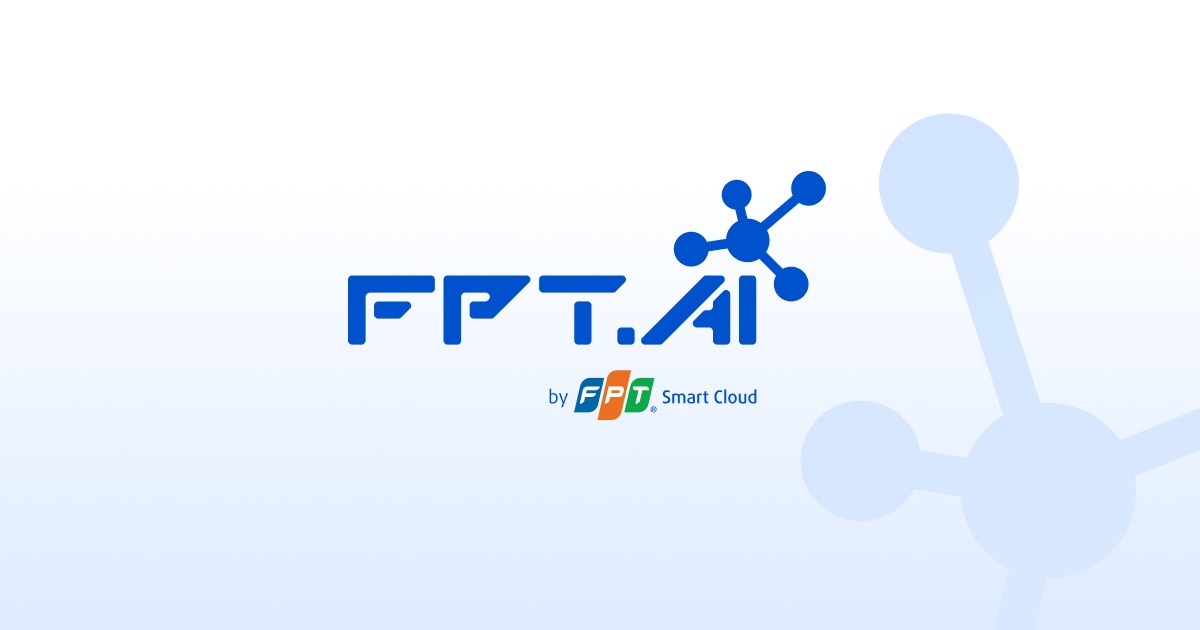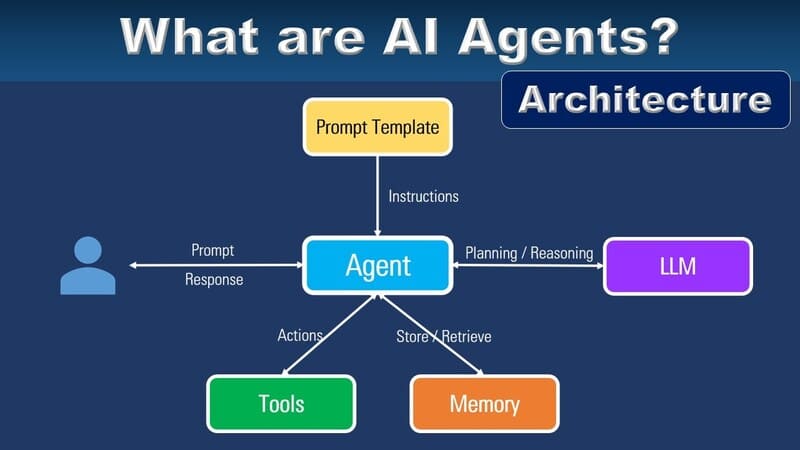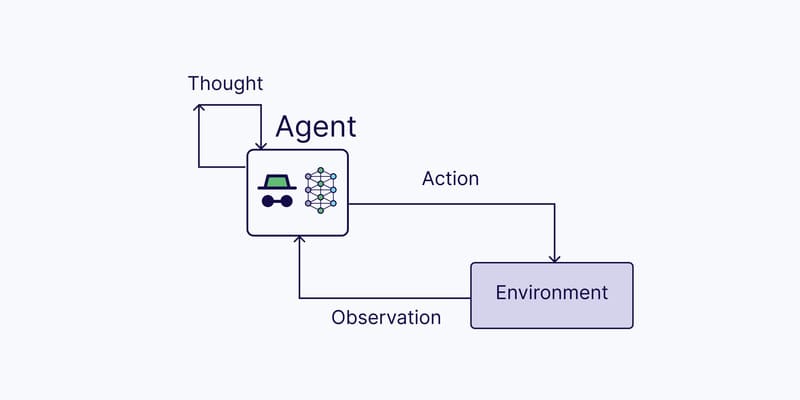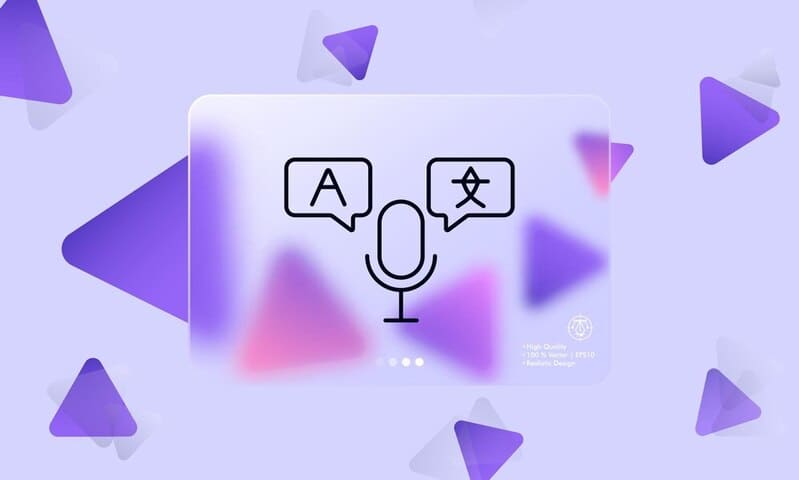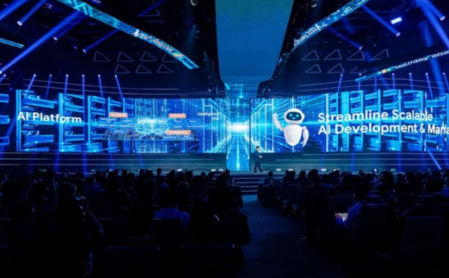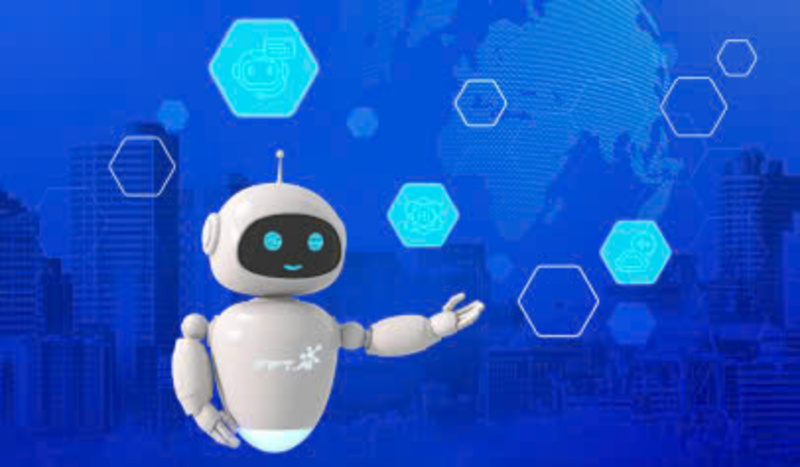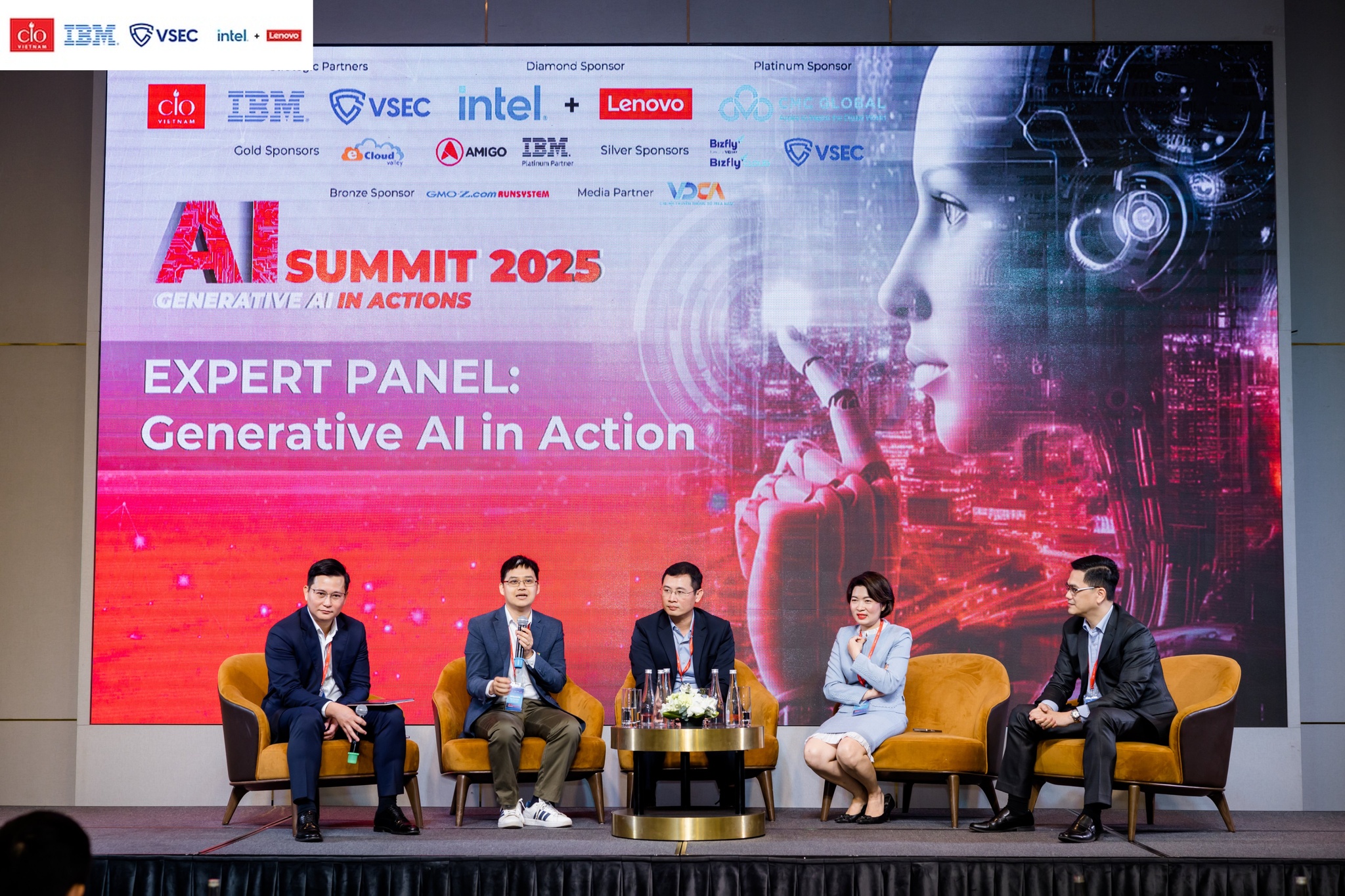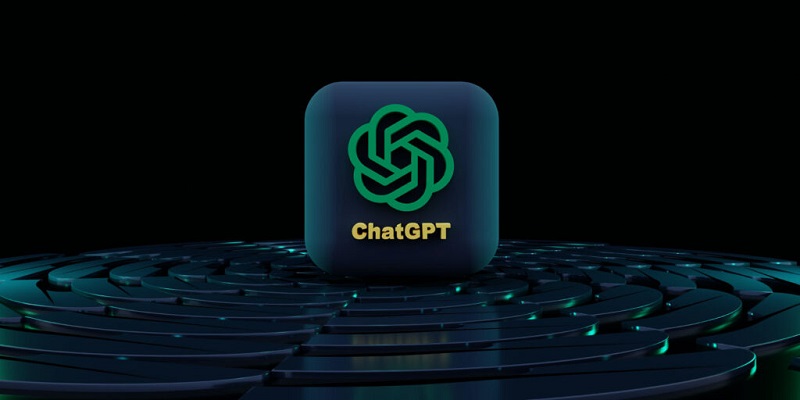If the future of retail customer service is self-service, the majority of those consumer conversations will increasingly be conducted with intelligent virtual agents — and consumer confidence and satisfaction is already rising dramatically.
Virtual agents are the extension of a human workforce and can be engaged 24/7 over every conversational channel, from phone to web to SMS and messenger. Powered by AI and natural language processing, these virtual agents are making customer service interactions more efficient and effective and reducing costs for retail companies that are increasingly looking for new ways to boost their bottom line.
We are now past the tipping point where self-service is the preferred form of customer service regardless of demographic, said Callan Schebella, EVP of product at Five9.
Gartner suggests that 85% of customer interactions will start by self-service in 2022, which is only six months away. Most importantly, of those interactions, 70% will start with speech interfaces by 2023 which is also not too far away.
As the pandemic raged over the past 12 months, 55% of businesses reported an increased volume in customer interaction, and the complexity of those sorts of interactions had increased as well — but the technology was slow to catch up. Customers have been frustrated because they’ve had to navigate old-fashioned IVR phone trees in their search for help.
This has led to 42% of companies starting to enhance digital self-service functionality with technology, which traditionally had only been seen with the largest enterprises. State-of-the-art technologies are now available to companies of every size, because advances in AI, natural language processing, and speech recognition have dramatically reduced price points and development cycles, and eliminated the need for third-party specialized technologists.
Alivi, which provides solutions for health plan partners to better deliver health care benefits, just implemented an AI-powered IVA from Five9. Branded ‘Ava’, they’ve been using the virtual agent in multiple channels throughout the customer service experience, and the vast majority of interactions with members have been positive, including from a demographic more accustomed to IVRs (‘press 1 for…’).
The response from health planning partners has also been positive — many are even creating branding that includes the Ava digital agent as a perk for members.
Since launch, in just the last few weeks, Alivi has been able to activate over 3,500 return ride activations. These are service interactions that can be automated because they require little human expertise, freeing up customer service agents to help callers with more urgent or complex needs.
Now they’re adding new implementations of Ava for appointment confirmations, cancellations, and requests for transportation. These are events that decrease wait times dramatically because they typically take a lot of time for contact center staff to process. An Alivi representative indicates that, just by being able to implement this small component, so far they have been able to reduce member wait times, expedite services, which are all some of the biggest complaints that health plan members have.
Furthermore, the iconic Pizza Hut brand, with a fifty-years’ strong presence in Australia, is using intelligent virtual agents. When the current owners purchased the brand in 2016 from a private equity company, they found they needed to revamp decades-old, legacy-riddled infrastructure.
However, a challenge they couldn’t simply cast to the side was the iconic national phone number that’s been used in advertising for decades and is part of the Australian subculture. Routing those calls to the correct store near a caller remained an ongoing challenge.
They started working on a multi-digital transformation project to revitalize the business. However, the platforms they initially turned to were expensive, difficult to maintain, and inefficient, leading to complaints about slow or confused customer service that sent callers to the wrong store.
Since adopting the voice recognition features of Five9 and Google APIs, they’ve now been able to overhaul the company’s ordering systems, and begin to accurately send customer calls to their correct locations. The technology recognizes customer phone numbers, which are linked to their call activity and account information, and can pull up previous orders.
Their digital ecosystem’s API offers other advanced functions, automating customer service interactions when a customer calls to inquire about wait times and order status. When a customer who has placed an order calls the line for updates, they’ll be greeted by the voice of a virtual agent who welcomes them with their order status in real-time.
“Before you even say anything, the IVA can playback to you the status of your order,” explains Branley. “So it can say ‘Hey Calum, your pizza’s in the oven, and the ETA is 6:35.’ No interaction is needed with a person; we’ve serviced that request before you’ve even asked for it.”
According to Venture Beat.
———————————————————-
Learn about our offerings here: https://fpt.ai/
Hotline: 0911886353
Email: support@fpt.ai
Facebook: https://www.facebook.com/fptai.platform
LinkedIn: https://www.linkedin.com/company/fptai






